 Diy Vs. Professional Repairs When Saving Money Costs You More
Diy Vs. Professional Repairs When Saving Money Costs You More

Is DIY Really Cheaper? Why a Professional Maintenance Plan Lowers Your Property’s True Costs
If you own or manage property in the UK, you’ve heard it a thousand times—“Just fix it yourself, save the money.” But when your building’s value, legal compliance, and tenants’ safety are actually on the line, that theory falls apart fast. Scrimping on professional maintenance can look smart on a spreadsheet, but the unseen costs triple back before you’re even aware. A patch here, a shortcut there, and suddenly the “savings” have morphed into hidden liabilities: that leak underneath the washbasin returns with new vengeance, the quick electrical fix gets flagged on inspection, or cheap materials quietly undermine insurance and tenant safety.
Every pound ‘saved’ on a patch-up tends to cost two when the real fault resurfaces.
Professional property maintenance is not about playing catch-up with emergencies or sweating over DIY videos at midnight. It’s systematic: identifying warning signs early, tracking what matters, and protecting your asset so you’re not always reacting to disasters. According to industry data, owners on proactive property maintenance plans spend 30–40% less over five years than those who rely on a “fix as it fails” approach or go DIY for everything (Pursloe Group). Instead of bankrolling emergency call-outs or constant do-overs, the money not lost on mistakes funds upgrades, smooths insurance audits, and keeps your business or letting operation running.
Missed documentation or a DIY shortcut might feel harmless in the moment. But insurance underwriters increasingly reject claims without verifiable records, certified fixes, and compliance signoffs (Aviva). As a landlord or property manager, that mistake can mean invalid coverage, fines, and even direct liability if tenants are harmed.
A professional maintenance partnership flips the script. Instead of firefighting and risking hidden costs, you’re predictable, insured, and stress-free. The “easy win” of DIY unravels once you see the entire property lifecycle.
What Do Most DIY Repairs Really Cost? Hidden Risks That Sink “Savings” Without Warning
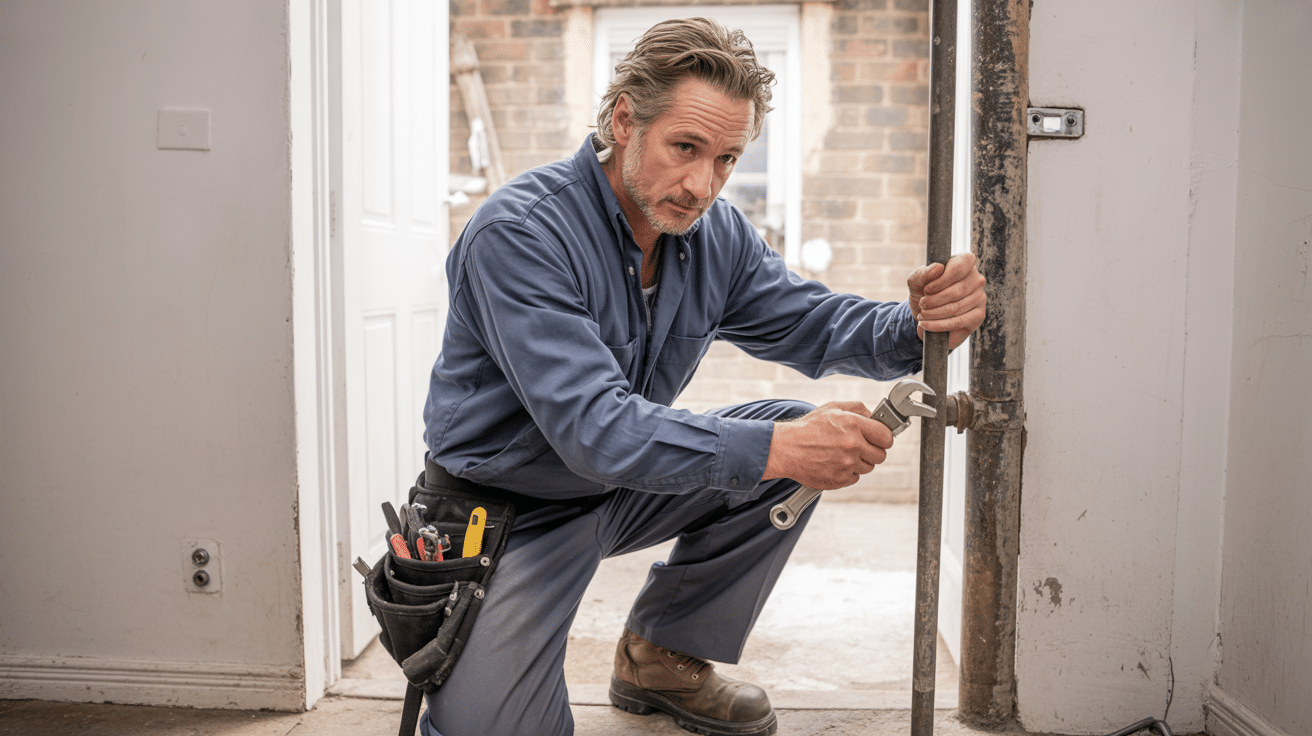
DIY feels empowering, and sometimes, for surface-level problems, it works. But as anyone who’s ever spent a weekend on a “quick” repair job learns, the deeper bottom line is murkier. That drippy tap? It’s likely hiding a three-part plumbing tangle, or a corroded fitting waiting to spring a much bigger leak. A scuffed wall you slap paint on? It may hide structural damp you’ll pay to chase later. What starts as money saved quickly becomes time lost—extra trips to the merchant, duplicate part purchases, stressful calls to cover mistakes, or a domino effect of new defects.
DIY pride turns to regret fast when a ‘quick fix’ becomes a weekend lost to chasing leaks.
Don’t underestimate the complexity of UK property regulations. Any work touching electrics, gas, or building structure sits in a minefield of legal requirements. If your “fix” doesn’t meet the code, you risk duplicated work, failed compliance, and emergency callouts for a fix gone wrong (PAT.org.uk). Layer on lost weekends, extra costs for backup parts, and the value of your own time—DIY rarely stays as cheap as you think.
Most property owners miss the silent risks: if a DIY repair papered over hidden damp, electrical faults, or noncompliance, the next round of problems is already in motion.
Common financial and legal “sinkholes” in DIY property repair:
- Multiple part purchases: – Chasing the correct part or undoing an error
- Emergency callouts: – When self-fixes cause or expose bigger failures
- Insurance refusal: – Uncertified or undocumented repairs invalidate claims
- Repeat breakdowns: – Patchwork repairs escalate or multiply over time
It’s not the things you fix—it’s the things you miss. DIY frequently trades quick satisfaction for lurking liabilities you inherit later.
Can DIY Repairs Invalidate Your Insurance? Why Compliance Drops Your Coverage
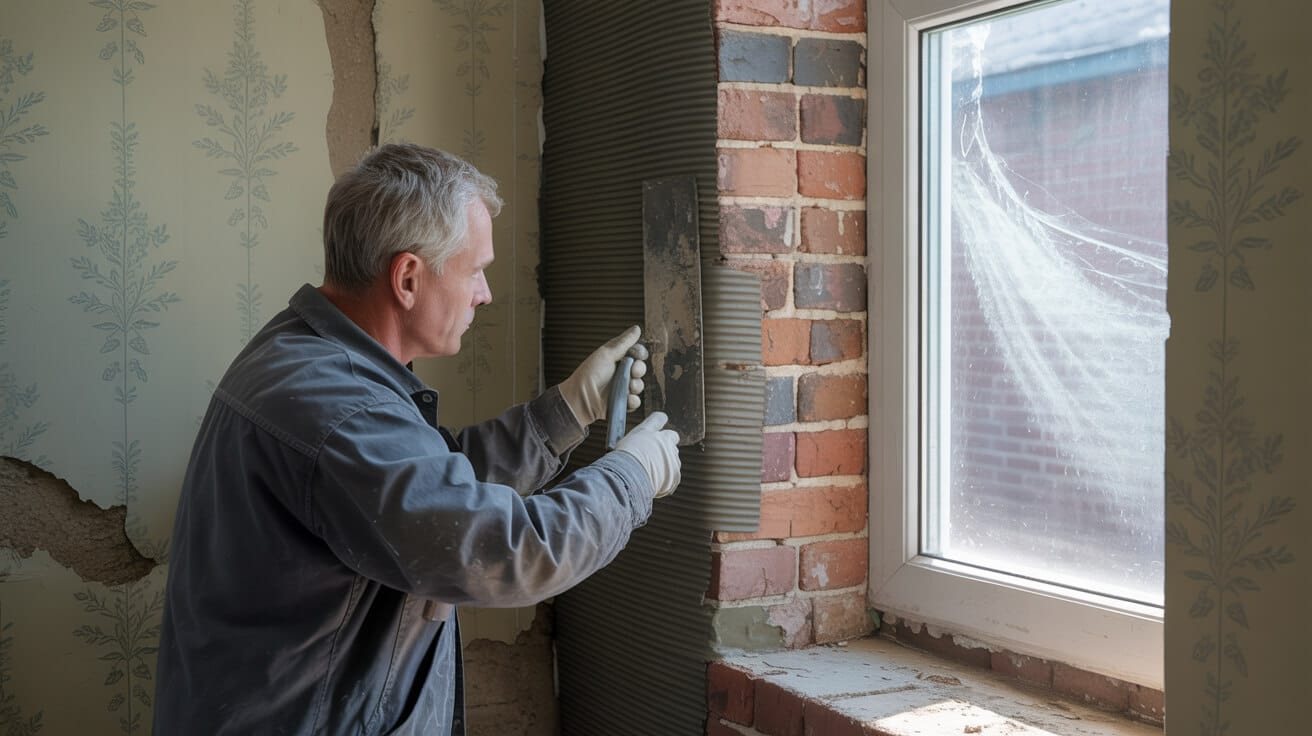
It feels smart to save on labour. But most property insurance exists to cover big, catastrophic losses—provided your maintenance history is compliant. DIY repairs can negate that coverage overnight, simply because of who did the work or what paperwork is missing.
Insurers don’t care who meant well; they only ask, ‘Is it certified and compliant?’
UK insurers are declining thousands of claims every year because repairs are undocumented, uncertified, or conducted by well-meaning amateurs (This Is Money). For electrics, gas, or structural elements, only registered, professional repairs will do. No certificate? No claim.
Landlords have it even tougher—routine inspections and licencing regimes frequently uncover noncompliance that’s invisible to the naked eye, turning small mishaps into big trouble. Even if your DIY fix “works,” an insurer can reject claims for damage that traces back to work without proper sign-off.
The lesson: If you want peace of mind, compliance isn’t optional. Every pound spent on correct paperwork and certified repairs is an investment in uninterrupted coverage.
Does DIY Work Void Your Warranties or Developer Guarantees? The Hidden Exit Clause
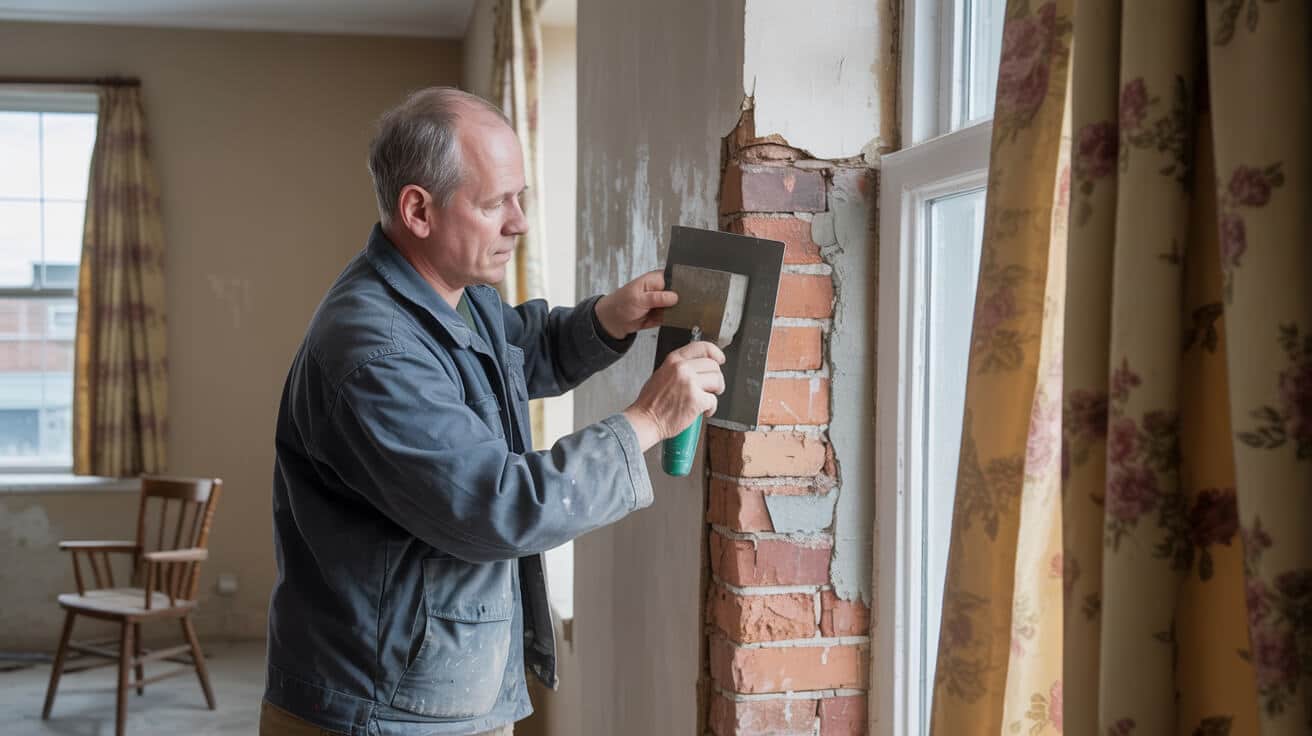
You’d be forgiven for thinking property warranties and appliance coverage are automatic perks. The truth? The moment your maintenance history shows unauthorised repairs, those protections vanish. Most new-home warranties, appliance guarantees, and even developer cover are voided if work is carried out by anyone but a qualified technician. Even “helpful” improvements—say, installing your own boiler part—can cost you the right to future support.
Warranties are protected or lost the moment you choose who fixes your asset.
Every major system you own—boilers, electrics, structural, windows—requires registered, certified care (House Life Today). Unsanctioned work lets insurers, warranty teams, and developers legally sidestep coverage, no matter your intent or how “minor” the fix. Worse still, reversing this mistake often requires costly inspections and, sometimes, system-wide replacements to reinstate cover.
The shortcut is an illusion: your “repair” may lock you into future out-of-pocket expenses, no matter how unrelated the next issue seems.
Is DIY Actually Cheaper in the Long Run? Comparing Five-Year Outcomes
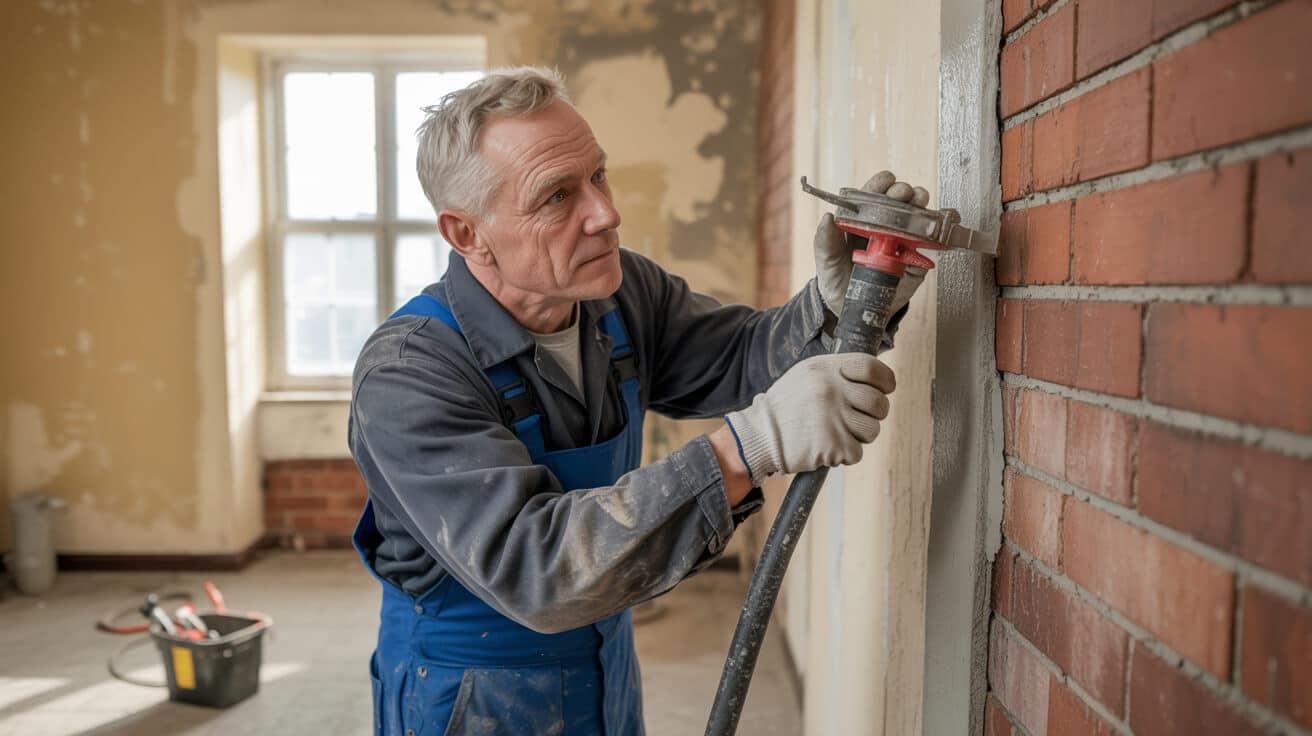
There’s no shortage of “DIY saves you money” stories on TV and YouTube, but the real numbers consistently say otherwise. When property owners compare actual five-year repair costs—including fixes, callouts, insurance shortfalls, and loss of value—planned professional maintenance nearly always prevails. Statistically, the difference is 30% to 40% less outlay for those using property care packages or maintenance contracts instead of patchwork repairs (Pursloe Group).
Cheap is expensive when you count the hidden costs: repeat fixes, lost cover, and property devaluation.
Where does this long-term value come from? It’s not just expertise. Systematic maintenance catches root problems before they multiply, drives proper part selection, and makes compliance easy. The result is fewer failures, longevity for property assets, and paper-trails that drive up resale value and lower letting risks.
DIY jobs, even with the best intent, are usually reactive. Every shortcut leaves a vulnerability for the next round—unseen damp turns into mould, “fixed” electrics trigger insurance headaches, and compliance gaps lurk in every corner. No digital history? Even an honest repair can become a future liability.
Property owners or managers with real long-term focus and asset discipline stick with professional plans: the cost is lower, the outcome is safer, and every year “saves” money you never had to spend on damage control.
Where Do Professional Technicians Outperform DIY—And Why Does It Matter For Your Bottom Line?

You can be handy and still miss the mark for compliance or deep technical know-how. Here is where working with professionals—not just any “handyman,” but multi-trade, registered technicians—translates to tangible return. Teams like All Services 4U staff certified, DBS-cleared specialists with legal sign-off status for gas, electrics, roofing, fire safety, and more.
Integrated diagnostics stop blame loops—one visit can fix problems spanning plumbing, electrics, and structure.
Registered technicians don’t just solve symptoms—they link cause and effect across systems. A minor ceiling stain could indicate a slow leak, wiring failure, or even a hidden compliance breach. With digital tools (thermal cameras, smart sensors), professionals catch the core issue fast, log it for your records, and pre-empt expensive escalation.
Why pros win:
- Regulatory sign-offs: (BS7671, Part P, Gas Safe) keep your insurance and compliance upright
- Audit-proof digital records: For letting, insurance, and future buyers
- Parts guarantee: Only certified and correct replacements
- Holistic fixes: Avoid endless cycles of blame and botched handovers
- Future-ready risk management: Issues flagged and scheduled before they sprawl
For tenants, leaseholders, and investors, these differences are easy to spot—clean histories, compliant documents, and far fewer “grey zone” disputes.
When Is DIY a Safe Bet—And When Must You Call A Professional?

Let’s be honest—not every repair justifies a callout. But the boundary is clear: if you’re working with anything regulated (electrics, gas, structural), or anything affecting other systems (water supply, roofing, damp), stop.
DIY-suitable tasks:
- painting, touch-ups, cosmetic changes
- Flat-pack furniture assembly, curtain rail fitting
- Simple garden work, non-electric fixings
Always call a pro for:
- Anything electrical or gas (even “minor” repairs)
- Work on heating, boilers, or water lines
- Roof, window, or structural repairs
- Signs of damp, rot, movement, or ‘mysterious’ smells
- Any job needing compliance sign-off (EICR, Part P, Gas Safe)
Many professional firms—including All Services 4U—now offer free triage or risk/asset assessments so you can distinguish safe tasks from those where DIY will cost you more. Don’t gamble when the risks are cumulative.
The clear boundary: skills, law, and asset protection—not just your confidence level.
When in doubt, spending a few minutes on a professional check far outweighs the price of a long-term, compound fault.
Why All Services 4U Offers Compounded Value for Property Owners
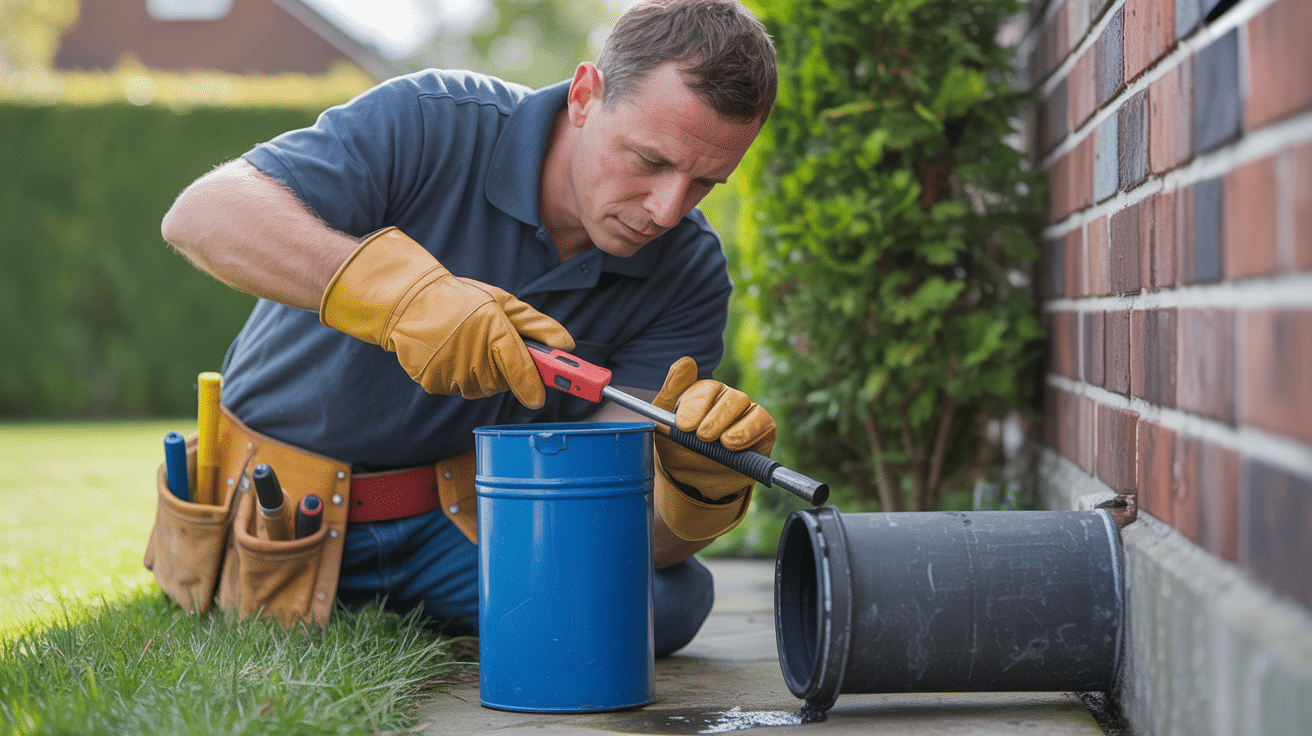
With All Services 4U, each visit builds on the last. You’re not just paying for a fix—you secure asset value, tenant safety, and future insurance payouts. This isn’t marketing spin; it’s a digital stack of compliance wins and financial protections.
- Free compliance and asset status reports: Know what’s at risk before something fails ([UK Tech Team](https://uktechteam.co.uk/diy-vs-professional-repairs-what-you-need-to-know/))
- Certified, DBS-checked multi-trade technicians: Peace of mind for owners and tenants alike
- Digital documentation: Every job, every part, and every sign-off at your fingertips
- Transparent fixed pricing: What you see is what you pay—no scope creep or ‘mystery fees’
- Visual photo records and audit trail: For insurance, re-letting, or future sale
Reliable maintenance is built on transparency—no short-cuts, no awkward surprises.
Routine checks, same-day emergencies, legal compliance, and futureproof records aren’t “extras.” They’re the backbone of strategic property ownership—protecting your time, your investment, and your reputation.
Free triage or compliance advice means you don’t pay until you’re sure it’s needed—and you always know where your DIY boundaries end.
Answers to Your DIY vs. Professional Property Repair Questions
Does insurance refuse DIY claims for repairs?
For electrics, gas, structure—almost always. Even “minor” leaks may invalidate a claim if traced to uncertified work.
Do DIY savings really add up?
Short-term, you might save. Over five years? Compounding costs, wasted hours, lost compliance, and future price drops make DIY a losing bet for most owners.
Are there repairs I should never attempt?
Anything live (gas, electrics), structural work, roofing over two stories, and any legally certifiable job. Always default to a pro when in doubt.
How do I clarify what’s safe to do?
All Services 4U offers no-pressure risk and compliance checks—defining the “grey area” is part of our standard offering.
Is every professional equal?
No. Always insist on DBS-checked, City & Guilds/NVQ3, Gas Safe, and audited digital records.
Every shortcut I’ve seen leads to bigger bills down the road—there’s no substitute for professional repairs backed by proof.
If getting it right matters, get it right once—with proven, professional care, records in hand, and no “gotcha” clauses when safety or money is on the line.
All Services 4U’s Credentials: Building Trust the Professional Way
- Technical depth: City & Guilds, NVQ Level 3, IPAF, PASMA, DBS—pro-level skills across every major system
- Legal compliance: Certified sign-off for all relevant work, supporting insurance audits and legal cover
- Transparency: Quotes and reports up front, every time; no coil of hidden extras
- Records and proof: Real-world case studies, digital logs, and photo documentation built in
- Enduring value: Property cost reduction, stronger tenant and buyer confidence, and a proven audit trail
Book All Services 4U for Confidence and True Long-Term Savings
No property owner—residential, commercial, or portfolio—wants to save pennies only to lose pounds (and sleep) later. All Services 4U guarantees expertise, clarity, proof, and a future you never have to second-guess. Free, risk-free triage and compliance advice. Work certified and documented—so your asset wins, your insurance pays, and your tenants feel safe.
Leverage genuine expertise and protect your property with every decision. Peace of mind is a conversation away.
Get your no-pressure consultation now. If DIY is safe, we’ll tell you. If it pays to escalate, we’ll show you the numbers and keep you in control. Choose savings that last—choose All Services 4U.
🛠️
Frequently Asked Questions
How does DIY property maintenance compare financially to hiring professionals?
DIY repairs seem cost-effective at first glance, but the financial outcome is rarely as straightforward as it appears. In the UK, homeowners spend over £600 million each year correcting failed or poorly executed DIY work, according to recent research from the HomeServe Foundation. These costs include not just the callout charges—often averaging over £140 to resolve an unsuccessful fix—but also secondary damage, project overruns, and lost time. Against this landscape, professional services deliver value that most DIY projects struggle to match: they resolve root causes, minimise recurrence, and come with certified workmanship and compliance documentation that protects your asset and insurance status.
What undercuts the “DIY saves money” belief?
- Repeat repairs: Nearly half of DIY projects require professional intervention within 12 months, doubling costs (trustMark, 2023).
- Undetected escalation: Unseen issues—like a hidden leak or electrical short—compound quietly, leading to large remedial bills over time.
- Resale penalties: Properties with incomplete or undocumented repairs often fetch lower valuations or encounter sales delays.
- Risk of non-compliance: skirting regulations can void warranties, insurance, and mortgage conditions.
Each repair is a value decision—patching today can create liabilities tomorrow if the problem returns or paperwork is missing.
Property owners who carefully balance short-term spending with long-term asset confidence consistently find better financial and reputational outcomes with certified tradespeople.
What hidden and ongoing costs often accompany DIY property repairs?
Upfront, DIY appears thrifty, but mounting hidden expenses quickly erode perceived savings. Unanticipated tool purchases, project restarts, and emergency callouts for secondary damage occur more often than most owners expect. Material wastage and unsuccessful attempts further inflate costs, while insurance providers routinely reject claims stemming from non-professional repairs. According to Kingfisher PLC, 52% of homeowners report that their DIY fixes required redoing by a professional, pushing total outlay above initial “do it yourself” estimates.
Where does the true cost of DIY repairs reveal itself?
- Specialist tools and materials: —often single-use, rarely recoup investment.
- Correctional work: Emergency attendance and undoing mistakes overshoot planned budgets.
- Insurance exposure: Claims are commonly denied if unaccredited repairs are uncovered.
- Material loss: Incorrect cuts or faulty installation forces extra spending on replacements.
- Downtime and disruption: Extended repair timelines delay use or rental of key spaces and introduce stress.
False thrift in property care can turn invisible errors into visible expenses—often when you need certainty most.
By factoring in not just money but time, insurance, and risk, smart owners see the rationale for professional maintenance.
Why does professional property care secure better outcomes and asset longevity?
Certified maintenance delivers more than just technical fixes: professionals follow diagnostic pathways, verify compliance at every step, and document their work for future-proofing and regulatory purposes. Multi-trade teams—like those at All Services 4U—resolve interconnected faults in a single visit, coordinate preventative maintenance schedules, and issue compliance reports that insurers and letting agents require. This holistic approach not only preserves the asset but protects your legal and financial interests for years ahead.
How does professional care provide ROI beyond the invoice?
- Root-cause resolution: Permanent elimination of faults, cutting future disruption.
- Built-in compliance: Meets and records standards for fire safety, gas, electrics, and structure—satisfying legal checks.
- Transferable documentation: Supports re-mortgage, letting, and sale with digital evidence and warranties.
- Scheduled upkeep: Early detection strategies cut major incident risk and insurance premiums.
- Market value protection: Well-documented care builds buyer and tenant trust, raising your return on the asset.
The value of expert maintenance isn’t just in fewer breakdowns—it’s being able to prove your property is safe, legal, and cared for.
Professionals guarantee a level of certainty, efficiency, and regulatory insulation that DIY simply does not reach.
When do legal, safety, or financial risks make professional intervention mandatory for repairs?
Certain systems—gas, electrics, structural components—are not just best left to the experts; the law requires accredited professionals for anything affecting life safety or system integrity. Regulators such as Gas Safe, NICEIC, and local councils enforce strict boundaries, and insurers will scrutinise compliance if an incident occurs. Even “minor” tampering inside fuse boards or with hidden plumbing can leave you exposed. For more intricate or high-value properties, professional oversight is not a luxury—it’s a shield against legal and financial setback.
Which repairs cross the line from DIY to “must call a pro”?
- Electrical circuitry: Rewiring, consumer units, fixed appliance points—all must be certified.
- Gas and boiler work: Only Gas Safe registered engineers are permitted.
- Structural changes: Removing walls, altering beams, or any work affecting roof supports.
- Complex plumbing: Anything involving main supply, concealed pipes, or potential flooding.
- Landlord and compliance tasks: Fire doors, emergency alarms, or accessibility measures.
A single misstep can mean prosecution, denied claims, and massive repair bills—well beyond first intentions.
Whenever there is doubt, All Services 4U provides guidance and clear demarcation to keep you compliant, safe, and protected.
How might unregulated repairs undermine your insurance, warranty, or rental agreements?
Insurance and mortgage providers increasingly demand traceable proof that regulated work was performed by qualified tradespeople. Improper repairs often remain hidden until an incident triggers investigations, unravelling eligibility for payouts or even affecting the legal status of your property. Landlords in particular risk fines or lawsuits if compliance lags, while missing paperwork can cause sales to stall—sometimes for months.
What actions keep insurance and legal coverage watertight?
- Always commission accredited professionals for regulated repairs.:
- Document every intervention: Before/after images, certificates, and invoices.
- Register significant upgrades with insurers prior to work starting.:
- Routinely update agency and tenant files for rented properties.:
Insurance protection isn’t about luck—it’s about records, standards, and the right technician behind each repair.
Taking active steps to ensure all work is both professional and well documented is the surest path to lasting coverage and hassle-free ownership.
Which property repairs are illegal—or unwise—without formal trade qualifications?
Legal frameworks such as Part P (UK wiring), Gas Safe, and Building Regulations establish areas where only certified professionals may work. Homeowners who attempt these repairs personally or use unregistered contractors risk regulatory fines, loss of insurance, and personal liability if an incident results. This applies to landlords, property managers, and anyone overseeing safety-critical systems.
Where must you draw the professional line?
- Consumer unit and fixed wiring: Only certified electricians can legally carry out changes.
- Gas appliance service and installation: Strictly the domain of Gas Safe engineers.
- Structural work: Major modifications affecting support elements or roof structure.
- Water ingress, damp and hidden leaks: Require trade expertise and specialised equipment to prevent escalation.
- Tasks tied to compliance, insurance sign-off, or property sale: Never short-cut.
Responsibility is more than fixing a problem—it’s standing behind it, with your asset and your reputation on the line.
If you’re uncertain, turn to All Services 4U for a clear, no-jargon breakdown of what requires a licenced specialist. Protect your property by honouring both the legal boundaries and the practical complexities of modern building care.
When clarity, legal safety, and long-term asset value matter, rely on professionals who combine skill, compliance, and full documentation. Secure your property’s future—and your peace of mind—by partnering with All Services 4U for all repairs, upgrades, and ongoing maintenance.



